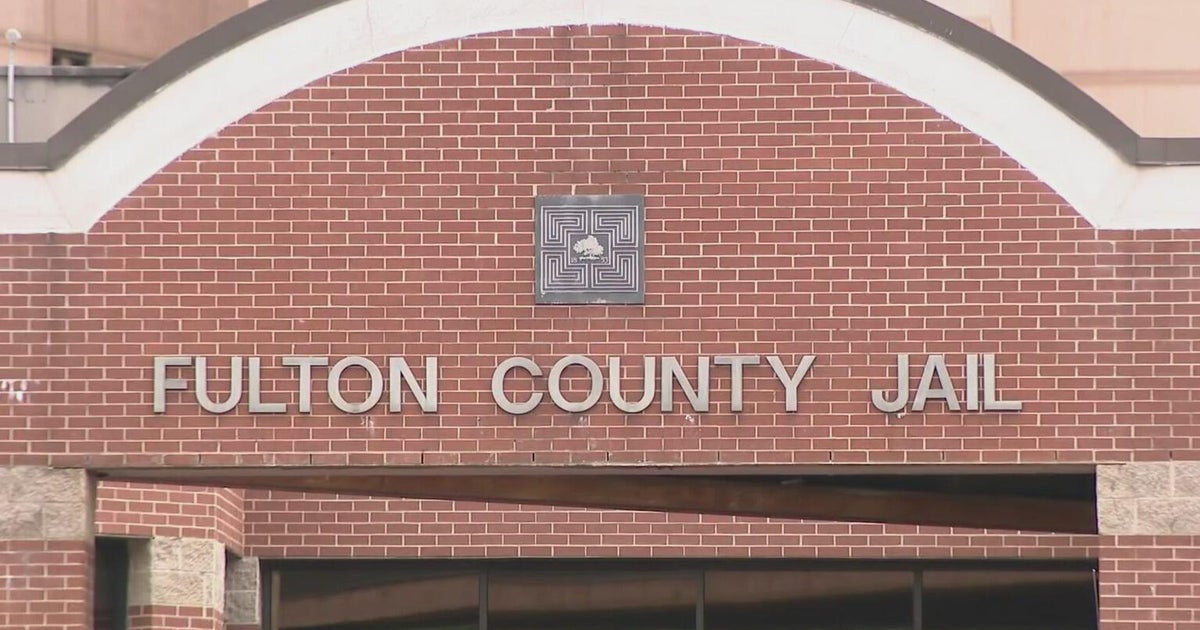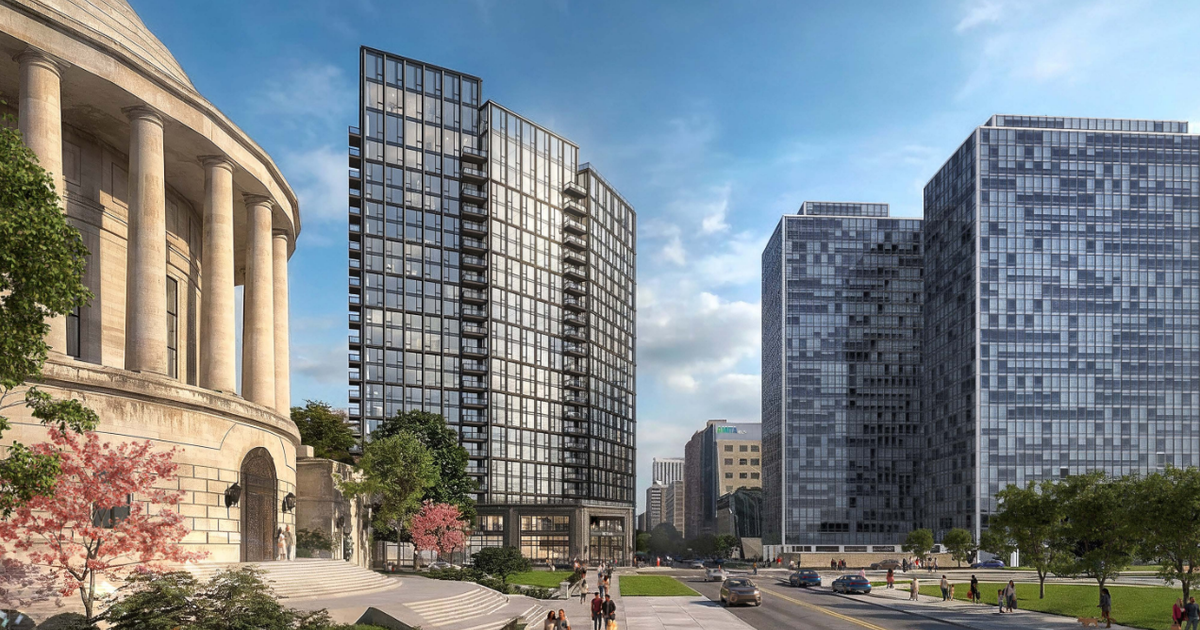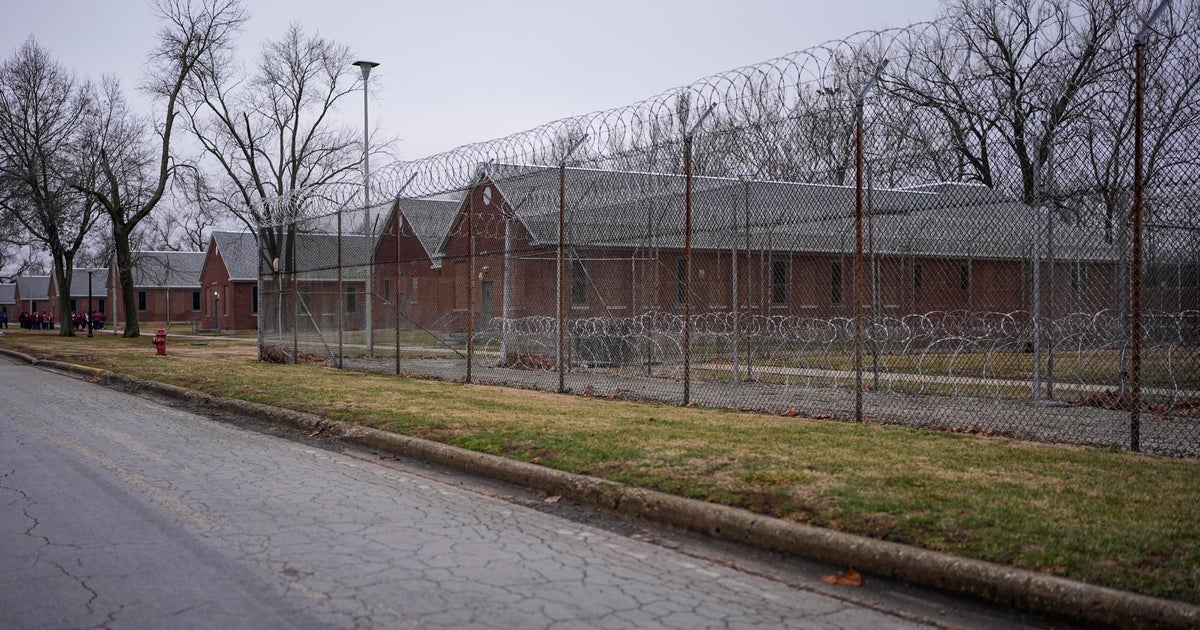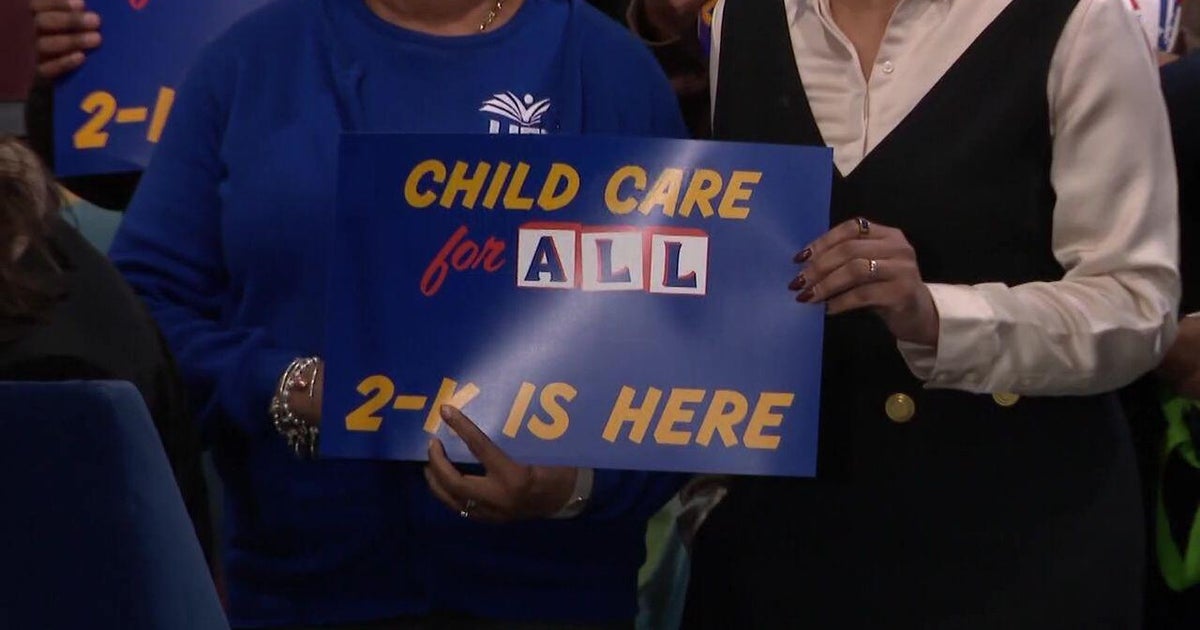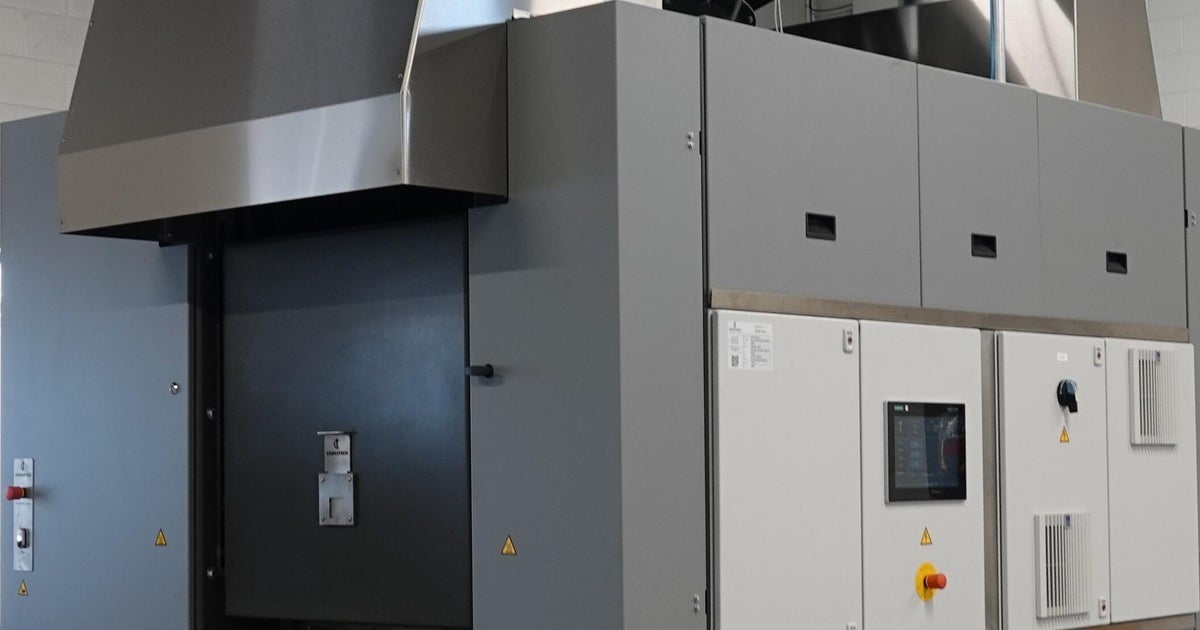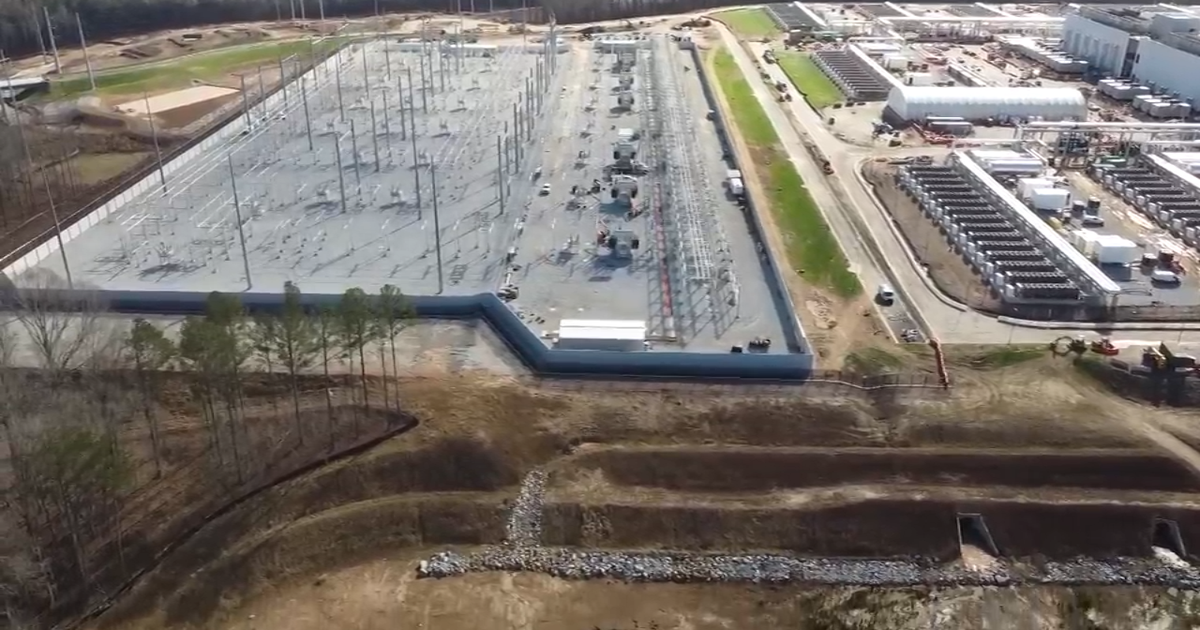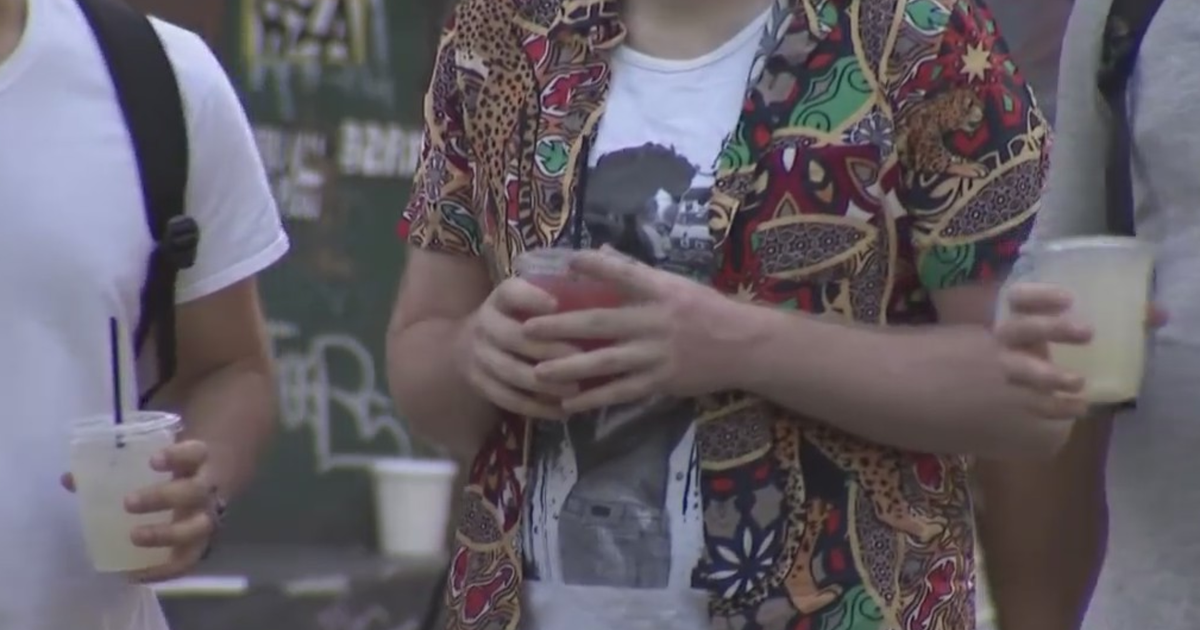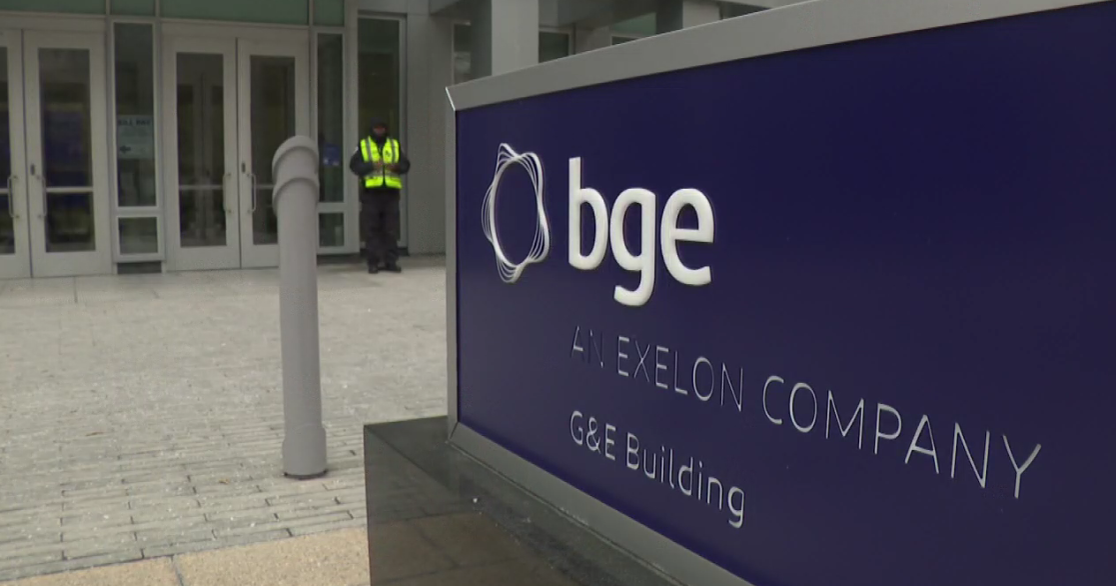Gov. JB Pritzker Announces Four-Year Plan To Transform Illinois Juvenile Justice System
CHICAGO (CBS) -- Gov. JB Pritzker on Friday announced plans to transform the state's juvenile justice system over the next four years, by transferring incarcerated youth from large prison-like facilities to smaller residential centers, and increasing investment in community support and intervention services.
"The 150-year-old punitive model simply doesn't fulfill its mission," Pritzker said.
Rather than simply punishing juveniles who commit crimes by locking them up in prison-like settings, often far away from their families, Pritzker said more needs to be done to provide them rehabilitation programs, therapeutic services, family support, and intervention services.
"Juvenile justice facilities all around the nation were built on an antiquated theory of juvenile incarceration: large, stark, razor-wired, warehouse-like facilities built far away from the homes and families of the children who will eventually return to their communities," Pritzker said. "The facilities that should, in theory, be nurturing children, and rehabilitating them in their adolescence instead exacerbate trauma, interfere with their family relationships, and create a culture of instability and violence."
Under the state's transformation plan, the Illinois Department of Juvenile Justice (IDJJ) renovate existing properties across the state into small regional residential centers, replacing larger detention facilities. Existing large IDJJ facilities would be repurposed by the Illinois Department of Corrections to provide additional space and prevent overcrowding at adult prisons.
"The vision of this model is for humane living conditions for young people, but also for healthier and safer working conditions for the public servants who dedicate their careers to helping Illinois' most vulnerable and high-needs youth," IDJJ Director Heidi Mueller said. "At DJJ, we've been tied to an outdated model with too much space, too little developmentally appropriate design, and too little access for families."
Mueller said the old model of the juvenile justice system hasn't been effective in rehabilitating youths charged with crimes, or in protecting public safety.
"For too long we have treated children involved in the juvenile justice system, especially Black children, like they are less than human; like they do not need the same love, support, and opportunity that other children need to grow and thrive. We have kept them separated from their families and far from home," she said. "When it comes to changing young lives for the better; love, nurturing, and connection work better than fear, loathing, and isolation."
Mueller said the transition to smaller residential facilities for juveniles in the justice system won't eliminate existing jobs, but instead will put state workers in a better position to use their skills effectively to help rehabilitate youths who have been charged with crimes.
The state currently has five DJJ detention centers statewide. Mueller said 50% of the population at those facilities comes from northern region, 40% comes from the central region, and 11% comes from the southern region; however, all of the facilities are located in northern and southern Illinois, with none in central Illinois, meaning no juveniles held in DJJ facilities are housed near their homes.




